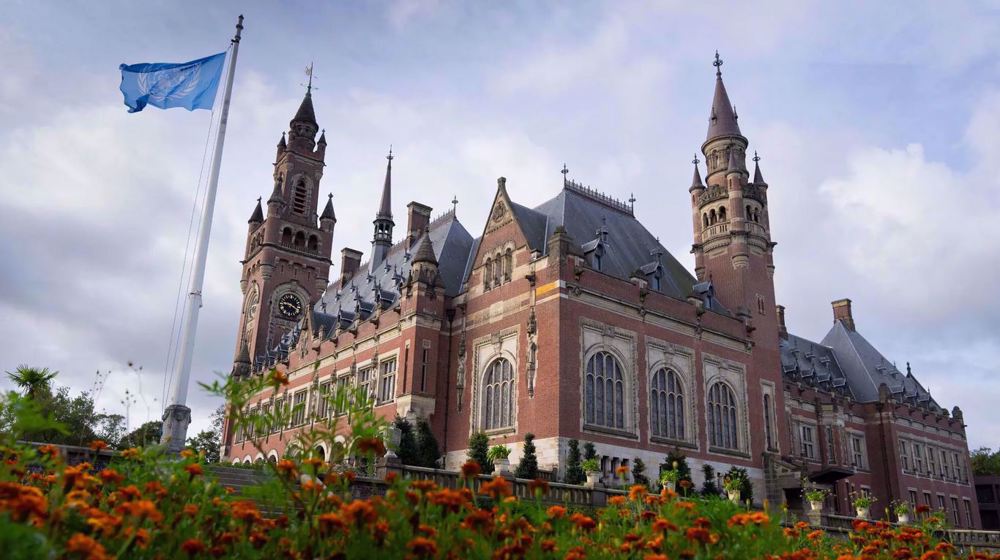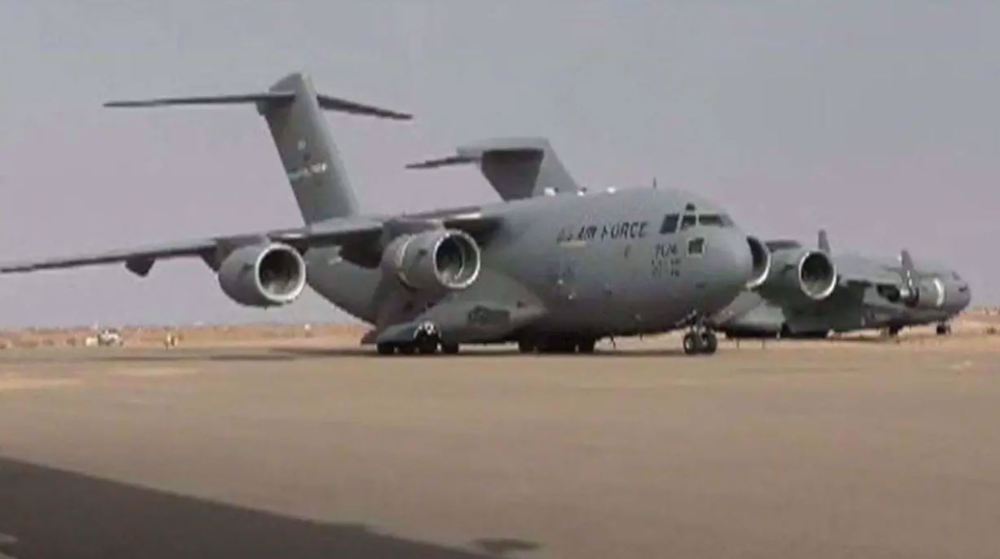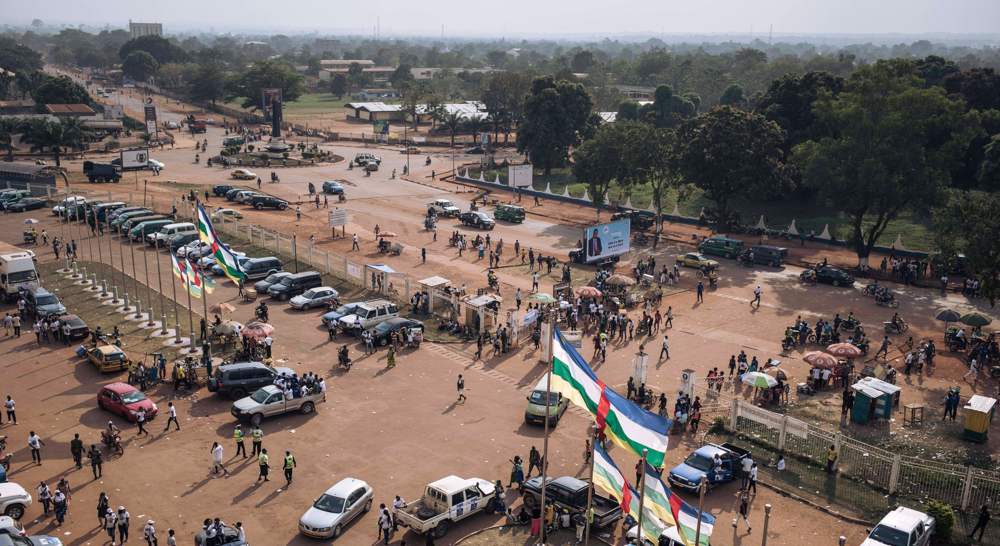France sends warplanes to fly over CAR as general elections loom
France has sent warplanes to fly over the Central African Republic (CAR), with French President Emmanuel Macron claiming that the move is aimed at preventing the disruption of the upcoming elections in the former French colony.
Macron's office said the flyover mission on Wednesday followed a request by Central African President Faustin Archange Touadera and that the operation "marks France's condemnation of attempts to destabilize the country."
The streets of CAR's capital, Bangui, are gripped by panic, with businesses closing and people sheltering in their homes as the country prepares for presidential and legislative votes on December 27.
Several powerful armed groups in the CAR accused Touadera's government last week of seeking to fix the elections and warned of a violent response.
The 63-year-old incumbent is seeking a second term in the vote, which is a crucial test for one of Africa's most volatile countries.
Earlier, leaders of the three main armed rebel groups in the CAR formed a coalition and accused former President Francois Bozize of an "attempted coup" ahead of the elections.
The rebel groups said they had invited "all other armed groups to join."
They also urged the coalition members to "scrupulously respect the integrity of the civilian population," and to allow vehicles belonging to the United Nations (UN) and to humanitarian groups to circulate freely.
Bozize, who recently returned after years in exile, has been barred from running in the election by the country's top court as he had been sought in an international arrest warrant filed by the CAR on charges including murder, arbitrary arrest, and torture.
The UN mission in the CAR, MINUSCA, has said its blue helmet forces are on "maximum alert" to prevent armed groups from disrupting the elections.
Moreover, UN Secretary-General Antonio Guterres has called on all political parties to "urgently cease hostile actions" in the CAR and work to settle their disputes.
"He (Guterres) condemns the escalating violence and calls on all actors to urgently cease hostile actions and work towards ensuring conditions conducive to the holding of credible, inclusive and peaceful elections on December 27," Guterres' spokesman Stéphane Dujarric said in a statement.
The CAR spiraled into conflict when Bozize was ousted as president by the Seleka, a rebel coalition drawn largely from the Muslim minority.
The coup triggered fighting between the Seleka and so-called "anti-Balaka" self-defense forces, who are mainly Christian and animist.
France intervened militarily in its former colony, and after a transitional period, elections were staged in 2016 and won by Touadera.
Inter-communal fighting has receded in intensity in the last two years, but militia groups hold sway over two-thirds of the country, often fighting over resources.
The new rebel coalition, known as the Coalition of Patriots for Change (CPC), unites all the groups that emerged from the Seleka force with anti-Balaka militants against Touadera's government.
VIDEO | Press TV's news headlines
VIDEO | US-Israeli genocide: Will Gazans see ceasefire deal achieved?
VIDEO | Grief strikes Parachinar: 44 lives lost in terror attack
VIDEO | Yemen’s armed forces target Israeli airbase amid nationwide pro-Palestinian rallies
Putin vows more test of new hypersonic missile
VIDEO | Jordanians continue rallies to denounce Israeli genocide in Gaza, Lebanon
6 Israeli soldiers commit suicide: Reports
Diplomat discourages recourse to pressure, intimidation, confrontation against Iran














 This makes it easy to access the Press TV website
This makes it easy to access the Press TV website